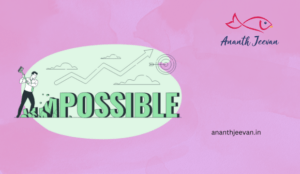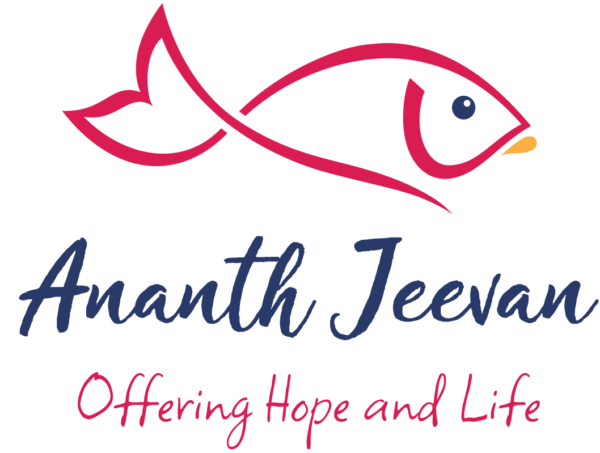
Resilience is the process and outcome of successfully adapting to difficult or challenging life experiences, especially through mental, emotional, and behavioral flexibility and adjustment to external and internal demands. There are a number of factors that contribute to how well people adapt to adversities, predominant among them: (1) the way in which the individual views and engages with the world; (2) the availability and quality of social resources; and (3) specific coping strategies. Psychological research studies state that an individual who shows positive adaptation tends to have higher resilience.
We all encounter a variety of challenges as we go through life. Raising kids, divorce, relocation, job loss, illness, loss of a loved one, and physical challenges in later life The development of resilience is said to occur when an individual faces a significant threat or risk that has the potential to produce a negative outcome. On the two ends of resilience, some people are overwhelmed by life challenges and tragedies, which makes them suffer significant symptoms of emotional and physical distress, and they require help and support during the long period of recovery. Adversity in life can debilitate an individual’s confidence and make them feel angry, depressed, or anxious. On the other hand, people are able to cope with and manage their adverse situations. After a short period of distress or disturbance, they bounce back to their normal functioning.
Sources of resilience
There are many factors that contribute to resilient responses in childhood, which continue into adulthood. There are essential factors that predict a resilient response in the face of suffering.
Self-acceptance defines a person who has a positive attitude toward himself or herself and understands all the different aspects of strengths and weaknesses. Self-acceptance simply means that you embrace and like who you are.
Personal growth refers to a person’s feelings and continuing to develop effectively. An individual who is open to new experiences and challenges in life tends to learn new things and new ways of dealing with life.
Purpose in life means that the individual has goals and beliefs that give direction in life. An individual who believes that their life has a meaning and purpose and engages in work that gives them contentment and satisfaction
Environmental mastery refers to competence and the ability to manage complex situations in life. The person’s ability to manage the challenges in life, which include professional, personal, financial, health, and all the other conditions in life,
Autonomy is confidence in one’s own ability to take initiative and work independently. People who are self-differentiated have a standard guide for their actions and face adversity in life. An individual who is able to follow their own values and interests is well self-differentiated.
Positive relations with others Individuals who have warm, safe, and trustworthy relationships with their family and others are capable of being resilient.
Share
Here to help
If you need help, Ananth Jeevan is here.
- Call our helpline (+91-9063-Jeevan) to talk to our counsellors
- Download the AJ App (on Android and AppStore )
- For Counselling appointments, use our WhatsApp number



